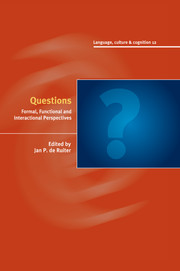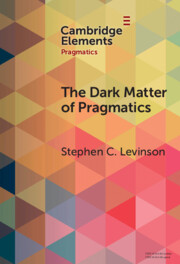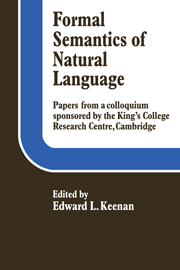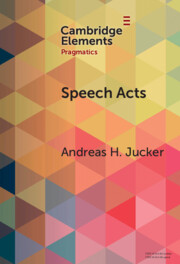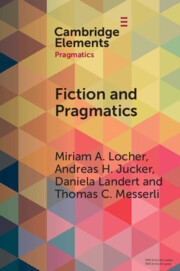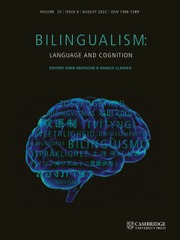Questions
The view that questions are 'requests for missing information' is too simple when language use is considered. Formally, utterances are questions when they are syntactically marked as such, or by prosodic marking. Functionally, questions request that certain information is made available in the next conversational turn. But functional and formal questionhood are independent: what is formally a question can be functionally something else, for instance, a statement, a complaint or a request. Conversely, what is functionally a question is often expressed as a statement. Also, verbal signals such as eye-gaze, head-nods or even practical actions can serve information-seeking functions that are very similar to the function of linguistic questions. With original cross-cultural and multidisciplinary contributions from linguists, anthropologists, psychologists and conversation analysts, this book asks what questions do and how a question can shape the answer it evokes.
- Gives a wider, more general perspective on questions, allowing readers to study questions that do not fit strict formal criteria
- The studies are almost all based on natural data, so readers will be informed about questions and how they are used 'in the wild' and not only in made-up examples
- Addresses the nonverbal aspects of information transfer, such as eye-gaze and head-nods
Product details
No date availablePaperback
9781107595613
270 pages
230 × 153 × 15 mm
0.4kg
76 b/w illus.
Table of Contents
- 1. Introduction: questions are what they do Jan P. de Ruiter
- Part I. Questions: Interplay between Form and Function: 2. Interrogative intimations: on a possible social economics of interrogatives Stephen C. Levinson
- 3. Structures and questions in decision-making dialogues Jerry R. Hobbs
- 4. Mobilising response in interaction: a compositional view of questions Tanya Stivers and Frederico Rossano
- 5. Wordless questions, wordless answers Herbert H. Clark
- Part II. The Structure and Prosody of Questions:
- 6. Formal features of questions Jerry Sadock
- 7. Some truths and untruths about final intonation in conversational questions Elizabeth Couper-Kuhlen
- 8. Shaping the intonation of WH-questions: information structure and beyond Aoju Chen
- Part III. Questions and Stance:
- 9. Beyond answers: questions and children's learning Stanka A. Fitneva
- 10. Navigating epistemic landscapes: acquiescence, agency and resistance in responses to polar questions John Heritage and Geoffrey Raymond
- 11. Epistemic dimensions of polar questions: sentence-final particles in comparative perspective N. J. Enfield, Penelope Brown and Jan P. de Ruiter
- 12. Multi-functionality of interrogatives: asking reasons for and wondering about an action as overdone Mia Halonen and Marja-Leena Sorjonen.

